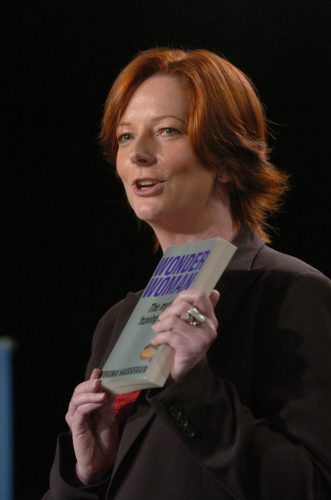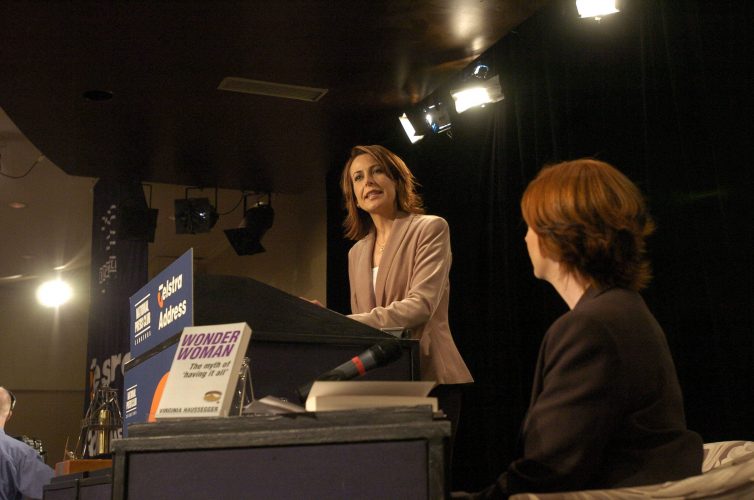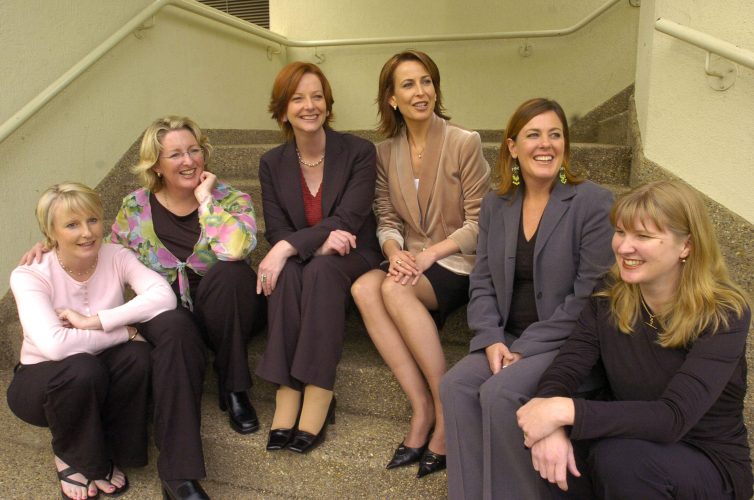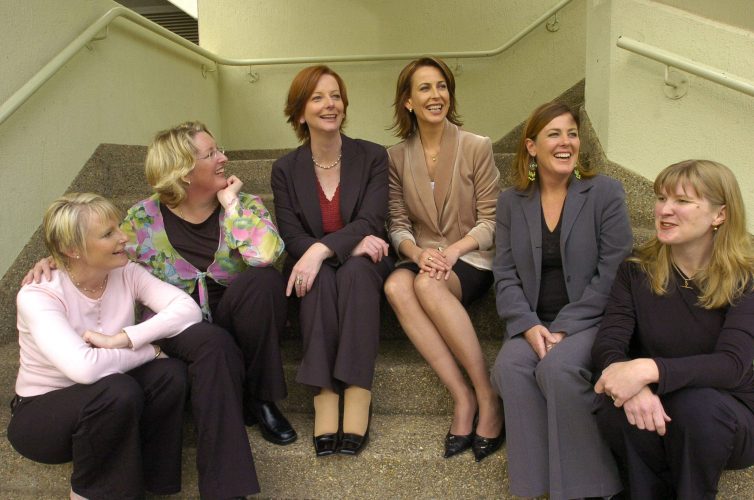If you happened to be passing through Civic early last evening you probably saw them. A couple of hundred women marching to the beat of a drum, carrying banners and sporting T-shirts claiming ”It can happen to Any Body”.
But unlike most previous years, there was no screaming, no loud chanting and no angry confrontations with onlookers. How we’ve changed.
For nearly 30 years women around Australia, and the world, have taken to the streets on the last Friday of October to ”Reclaim the Night”. The event grew out of a protest against English police telling women to stay indoors after dark, as there was a rapist on the loose.
In the early days, women marched in their thousands, protesting against all forms of violence against women, in a proud display of independence and autonomy.
My first Reclaim the Night march was as a student in the ’80s, back when women’s anger, once unleashed, was expressed with loud rage. What I had expected would be a fun, collegiate kind of stroll through the city turned ugly when the young women around me took on what looked like a football team of blokes jeering from the side (Canterbury Bulldog cubs, no doubt). With no warning, police, horses and shocking levels of verbal abuse were thrown into the mix. Suddenly we had an ”incident” on our hands.
But that was back then, at a time when it seemed there was plenty of cause to complain. So what about now? The numbers attending Reclaim the Night marches have diminished. Has too the need?
Is the march now little more than a nostalgic event that should be laid to rest in the annals of feminist history? Are we over it? And has the fight to stop violence against women been largely won?
Thanks to the hard work of feminists slogging it out over the past several decades, much has changed: our laws, community awareness and social education. As a result, women’s rights have strengthened.
But some of the hardest things to shift are people’s private and personal, deep-rooted prejudices. And sadly, a report issued two weeks ago by the Australian Institute of Criminology on the attitudes and bias of jurors in sexual assault cases is a stark and shocking reminder of that.
As someone who has spent most of my working life in front of a television camera, I’ve learnt to accept that, no matter what my frown, smile or brow furrow actually meant, it doesn’t matter. Most viewers’ own personal world view and bias will dictate how they read and interpret my gestures. And that’s fine, if we’re only talking about the news and events unrelated to me personally.
But if I was the grief-stricken and devastated victim of a shocking rape, sitting in court giving evidence, how my gestures were interpreted by the jury would be crucial. They would watch how I move, how I talk, noticing how I dress. They would assess whether they believe my tears were real or not, whether my shame seemed befitting. They would listen not to what I said in the witness box, but how I said it. They would look at how I presented myself and make a judgment as to what kind of woman I am. They would hear about my sexual history, number of partners and so forth, and form a view about my morality. And all of this is with total disregard to the actual evidence being presented.
And that’s the point.
Sexual assault is one of the hardest offences to prosecute. The crime often takes place with no witnesses. The perpetrator is often known to the victim. Physical injury is not always evident. The victims do not always scream for help. And in the case of rape, proof of consent is usually just a matter of his word against hers.
According to the recent AIC report, a whopping 70 per cent of sexual assaults are not reported to the police. The reasons are complex and yet obvious. The report also says that of those cases considered strong enough to go to court, only one in 10 results in a guilty verdict. This means nine out of 10 victims of sexual assault leave court with the word ”liar” trailing in their wake.
The near impossibility of getting a guilty verdict is not about evidence or truth, it’s about juror bias. A jury must be convinced beyond reasonable doubt. And when it comes to women and sex, our society is still burdened by deep-rooted and ill-conceived prejudices.
The AIC report found that ”jurors interpret what they see in light of their own beliefs, experiences and expectations”. The report’s author, Dr Natalie Taylor, says jurors don’t make objective judgments about consent and guilt based on the facts presented in court ”because they cannot”. She argues that a juror’s ”pre-trial beliefs” – often formed through misinformation and stereotypical beliefs about how a victim should behave – are what dominate their deliberations.
To prove the point, the AIC conducted 18 mock trials with 210 jurors. All the jury members watched exactly the same sexual assault trial. Two of the mock trials resulted in a not guilty verdict. The remaining 16 couldn’t reach a verdict.
Is sexual violence against women happening less, now that we have stronger laws? No. Is the Reclaim the Night march a bit of an old-fashioned relic? Yes. Do we still need it? You bet ya.





